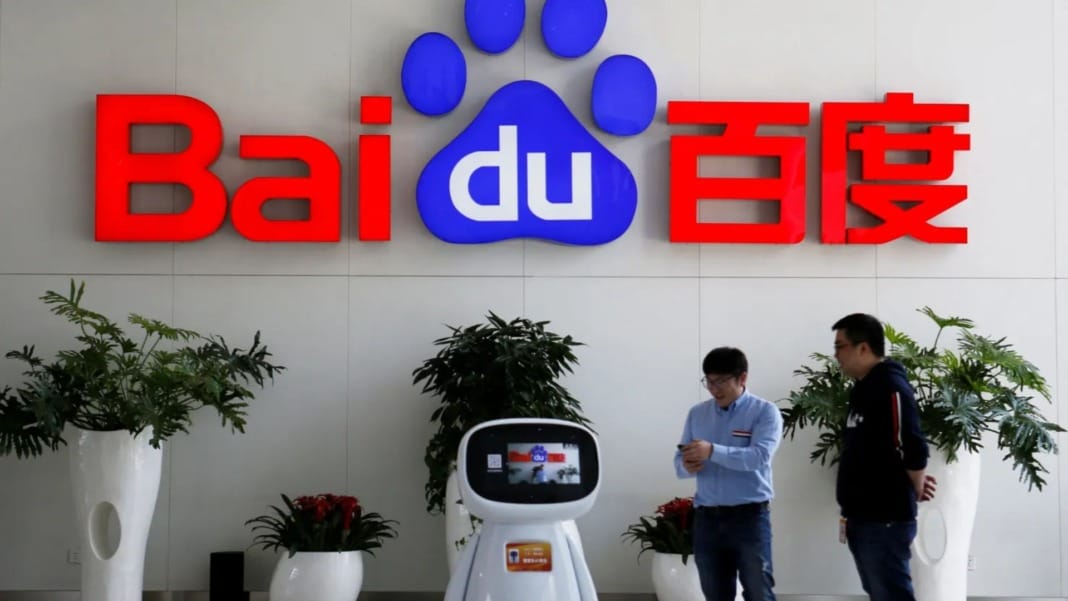Baidu has announced integrating DeepSeek’s artificial intelligence (AI) models into its search engine. This follows closely behind Tencent, which recently incorporated DeepSeek technology into Weixin, China’s largest social media platform.
In a statement released on Sunday, Baidu confirmed that it will fully connect DeepSeek’s AI models with its own Ernie large language models (LLMs) to provide users with a more diverse and advanced search experience. The company also revealed that DeepSeek will be added to its LLM platform for developers, expanding opportunities for AI-driven innovation.
This decision comes just days after Tencent beta-tested DeepSeek’s AI models within its Weixin app, the mainland China version of WeChat. Over the weekend, some users accessed the DeepSeek-R1 model through Weixin’s search bar, potentially introducing DeepSeek’s AI capabilities to the platform’s 1.3 billion active users. However, the AI model is currently only available for mainland China accounts.
Baidu’s stock takes a hit amid AI competition
Baidu’s share price dropped by around 8% in afternoon trading on the Hong Kong Stock Exchange, marking its sharpest decline since last November. The slump comes just ahead of the company’s fourth-quarter earnings report, which is set to be released on Tuesday.
Meanwhile, DeepSeek has emerged as China’s most talked-about AI start-up after making significant advancements in the tech industry. Last month, the company unveiled two powerful AI models, DeepSeek-V3 and DeepSeek-R1, which were developed at a fraction of the cost of other leading AI models. This breakthrough sent shockwaves through Wall Street, causing AI-related stocks to tumble.
DeepSeek’s popularity is largely due to its open-source approach, which allows anyone to use and modify its AI models. This strategy has prompted competitors, including Baidu, to rethink AI development methods. Historically, Baidu has focused on closed-source AI but has shifted towards a more open approach.
Last week, Baidu announced that the next generation of its Ernie LLM, scheduled for release on June 30, will be open source. Additionally, the company confirmed that its Ernie Bot service will be free from April 1, making AI more accessible to the public.
Local governments adopt DeepSeek AI
Chinese businesses and government agencies are rapidly deploying DeepSeek’s AI technology. Guangzhou and Shenzhen, located in southern Guangdong province, announced on Sunday that they have integrated the DeepSeek-R1 model into their civil service platforms.
Guangzhou’s municipal government has adopted DeepSeek-R1 and other LLMs to support domestic hardware. These AI models will improve public services, including policy interpretation and task management for government hotlines.
In Shenzhen, the Longgang district government implemented the DeepSeek-R1 model on February 8, making it the first district-level administration in China to adopt the start-up’s cost-effective, high-performance AI technology widely.
As competition in China’s AI sector intensifies, Baidu and Tencent’s adoption of DeepSeek marks a significant shift in the industry. Open-source AI models are gaining traction among major tech companies and public institutions.





